14 Celebrities Who Changed Their Names for Unexpected Reasons
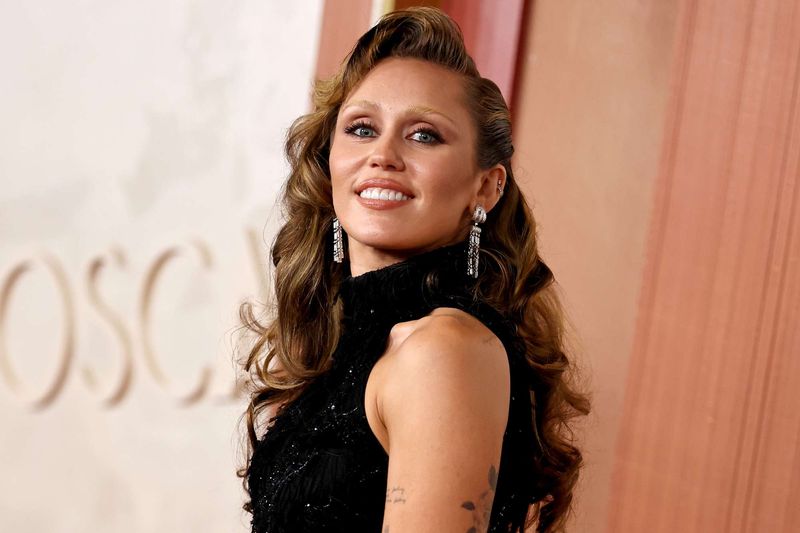
Names carry powerful meanings and associations, often influencing one’s identity and personal journey. For celebrities, a name can become an iconic brand, a means to sidestep stereotypes, or a fresh start. Some stars choose to reinvent themselves entirely by adopting new names. Whether it’s to stand out, to honor family, or simply to start anew, these changes can tell fascinating stories about the individuals behind them. From music legends to Hollywood stars, the following list explores these intriguing transformations, shedding light on the unexpected reasons behind each name change. Discover how these famous personalities have reshaped their destinies, one name at a time.
1. Cher
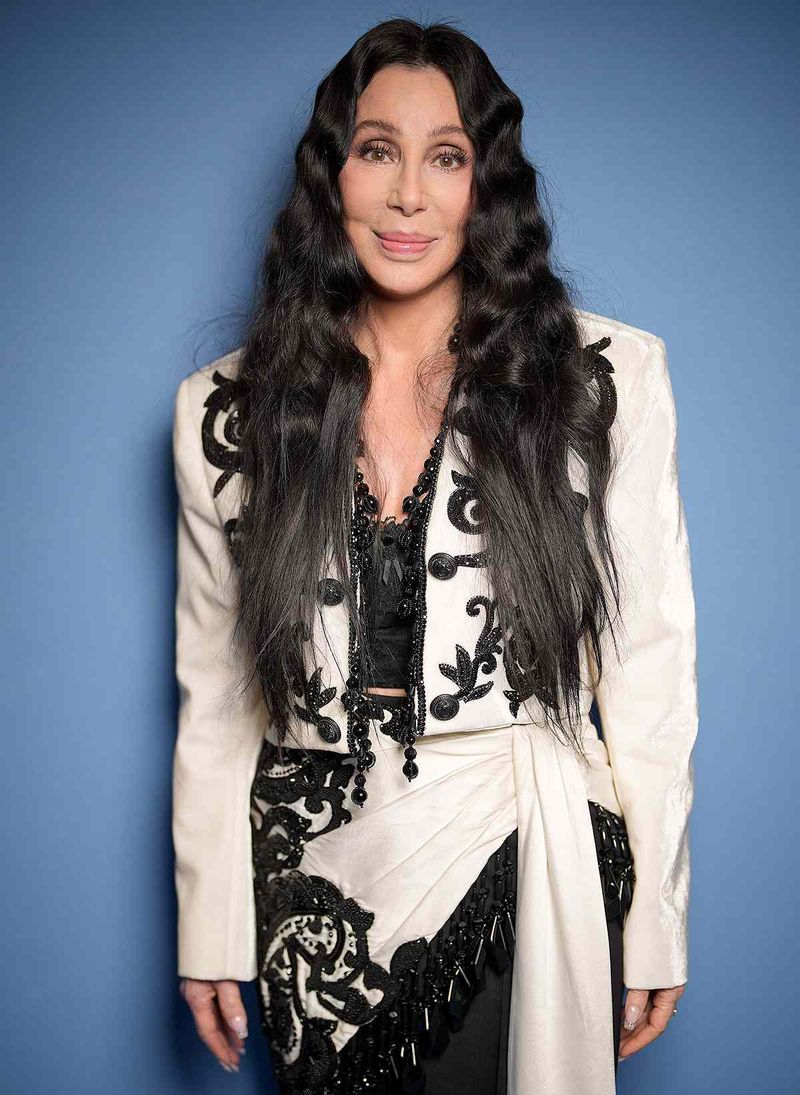
Cher, born Cheryl Sarkisian, reshaped her identity by embracing the mononym “Cher,” shedding her surname to align seamlessly with her stage persona. This bold move set her apart in the entertainment industry, allowing her unique voice and style to shine without the confines of a last name.
Her decision to go by only one name reflects her confident, unparalleled presence in the music and film world. Cher’s distinctive name mirrors her individuality, solidifying her status as a cultural icon. By simplifying her name, she ensured it would resonate deeply with audiences, leaving an indelible mark on pop culture.
2. Barbra Streisand

Barbra Streisand, originally named Barbara, tweaked her name by dropping the second “a,” creating a more distinctive and memorable moniker. This subtle yet rebellious change set her apart, aligning with her desire for uniqueness in the entertainment world. Streisand’s name alteration reflects her individuality and determination to forge her own path.
Her decision underscores a subtle defiance against conventional norms, embodying her artistic spirit. The transformation of her name symbolizes her journey toward becoming a legendary figure in music and acting, where her distinct voice and innovative style have left an enduring legacy.
3. Jamie Foxx
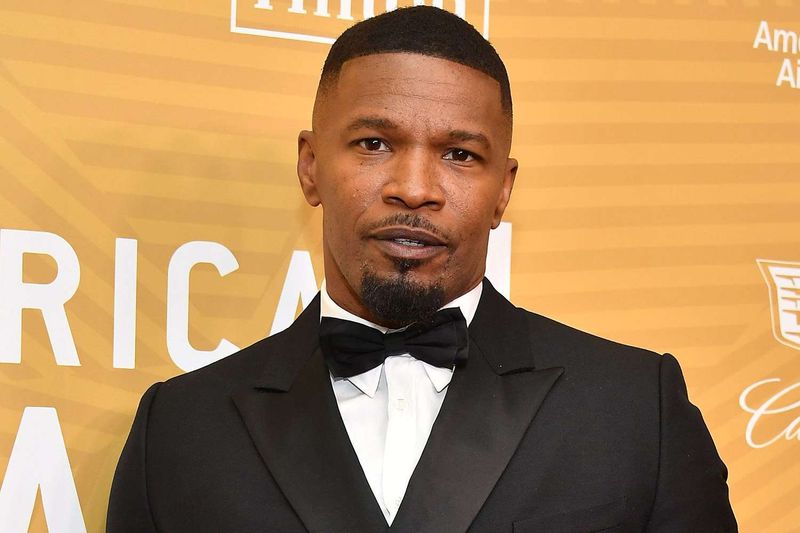
Jamie Foxx, born Eric Marlon Bishop, cleverly adopted his stage name early in his stand-up career. To increase his chances of getting stage time, he chose “Jamie Foxx,” a name that could be mistaken for a female performer, as female comics were often called up first.
This strategic choice not only showcased his wit but also marked the beginning of a successful career in comedy and acting. Foxx’s name change illustrates his adaptability and cleverness, traits that have contributed to his multifaceted success across various entertainment domains, from stand-up comedy to Oscar-winning performances.
4. Joaquin Phoenix

Joaquin Phoenix’s family originally bore the last name Bottom. They changed it to “Phoenix,” symbolizing a new beginning following a challenging period. The name “Phoenix” evokes rebirth and resilience, fitting Joaquin’s transformative acting career.
This change reflects the family’s desire for a fresh start and a meaningful identity. Joaquin’s choice to embrace this name resonates with his journey in Hollywood, where he is known for taking on complex and intense roles, mirroring the mythical bird’s rebirth from ashes. This symbolic transformation has deeply influenced his artistic expression and personal identity.
5. Miley Cyrus

Miley Cyrus, initially named Destiny Hope Cyrus, legally changed her name to Miley Ray Cyrus in 2008. “Miley” derived from her childhood nickname “Smiley,” while “Ray” honors her grandfather. This change marked a shift from her Disney image to a more mature persona.
Embracing “Miley” allowed her to craft a new narrative, demonstrating her vibrant and bold personality. The alteration in her name signifies her artistic evolution, from a wholesome teen idol to a boundary-pushing performer. Miley’s name change encapsulates her dynamic transformation and continued influence in the music industry.
6. Martin Sheen
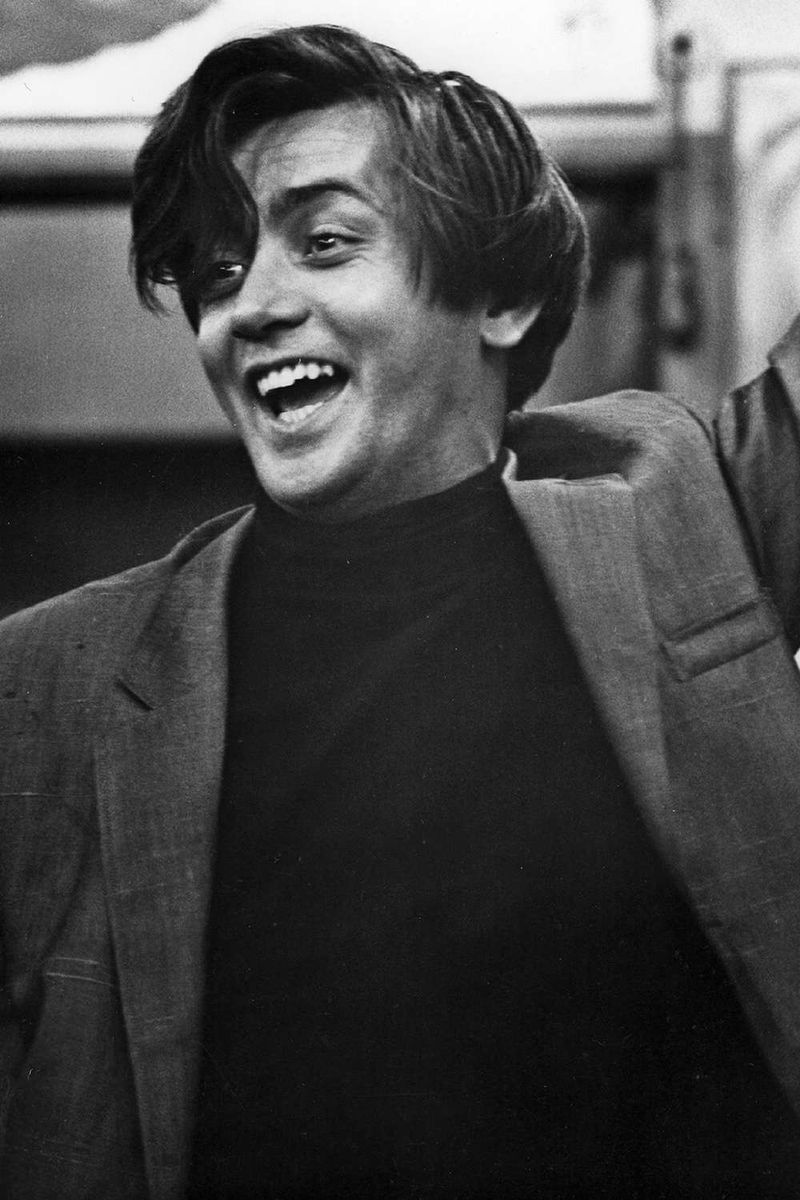
Martin Sheen, born Ramón Estévez, adopted the stage name “Martin Sheen” due to perceived pressures against Hispanic names in Hollywood. This decision, though practical for career advancement, came with regrets over not honoring his Hispanic heritage. Sheen’s choice reflects the era’s challenges, where anglicized names were often favored.
Despite this, Martin Sheen has built a legacy of compelling performances, tackling roles that highlight social issues. His name change underscores a complex interplay between personal identity and professional demands, marking his journey through a transformative period in entertainment history.
7. Charlie Sheen

Charlie Sheen, originally Carlos Irwin Estévez, followed in his father’s footsteps by adopting “Charlie Sheen” as his stage name. This choice aligned him with his father Martin Sheen’s established professional identity, facilitating his entry into Hollywood.
The name change reflects a familial connection and strategic career move. Charlie Sheen’s transformation highlights the influence of legacy and the desire to maintain a cohesive family brand in the entertainment industry. His dynamic performances and headline-making antics have kept the Sheen name in the public eye, showcasing a blend of inherited talent and distinctive charisma.
8. Nicolas Cage

Nicolas Cage, born Nicolas Coppola, opted to change his surname to avoid apparent nepotism due to his relation to the famous director Francis Ford Coppola. Choosing “Cage” allowed him to carve out his own identity and career in Hollywood, free from preconceived notions. This decision demonstrates Cage’s desire for independence and authenticity in his craft.
By distancing himself from familial connections, he emphasized his commitment to earning recognition through his talent. Cage’s eclectic and daring performances have since defined his career, underscoring his ability to stand out in the film industry.
9. Portia de Rossi

Portia de Rossi, born Amanda Lee Rogers, chose her new name to better fit her sophisticated persona and aspirations in acting. “Portia” was inspired by a character from Shakespeare, reflecting a touch of elegance and intellect, while “de Rossi” added an exotic flair.
This change symbolized her transition into a more refined public image, aligning her personal identity with her professional aspirations. The name Portia de Rossi captures her grace and poise, both on and off-screen, allowing her to embrace a new, distinctive identity in the entertainment world.
10. Judy Garland
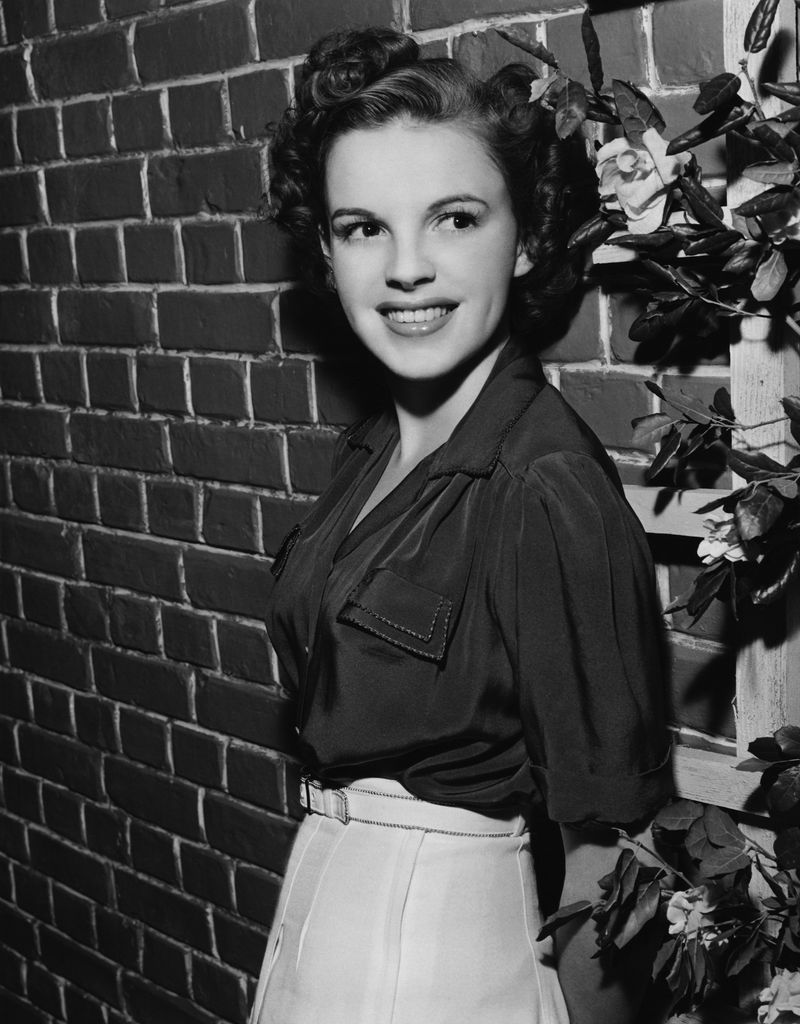
Judy Garland, originally named Frances Ethel Gumm, altered her name to escape the teasing associated with “Gumm.” The name “Judy” was inspired by a popular song of the time, adding a friendly charm, while “Garland” brought a touch of glamour.
This change marked the dawn of her illustrious career, allowing her to step into a new identity free from childhood taunts. Judy Garland’s transformation signifies her emergence as a beloved icon in film and music, remembered for her powerful voice and captivating performances that left a lasting impact on audiences worldwide.
11. Kirk Douglas
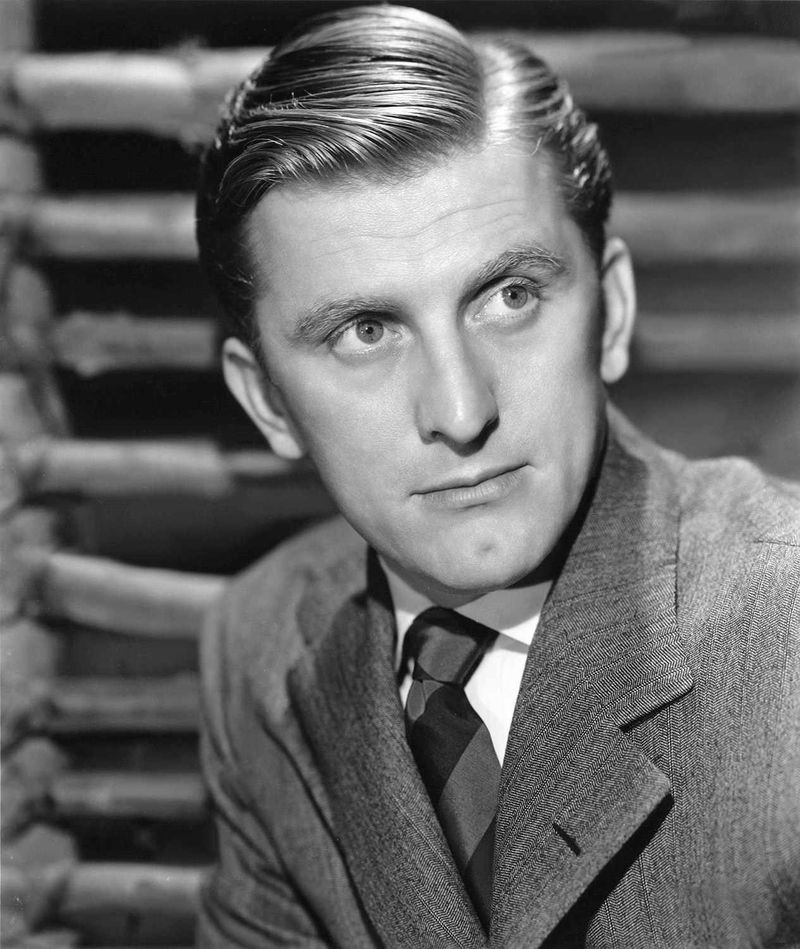
Kirk Douglas, born Issur Danielovitch, adopted a more anglicized name to avoid prejudice and enhance marketability in Hollywood. This choice reflected a broader trend in the mid-20th century film industry, where many actors altered their names to fit the era’s cultural norms.
Douglas’s name change underscores the challenges faced by actors of diverse backgrounds in achieving success. Despite this, Kirk Douglas became a legendary figure, known for his commanding presence and powerful performances. His journey highlights the interplay between personal identity and the societal pressures of the entertainment world.
12. Rita Hayworth
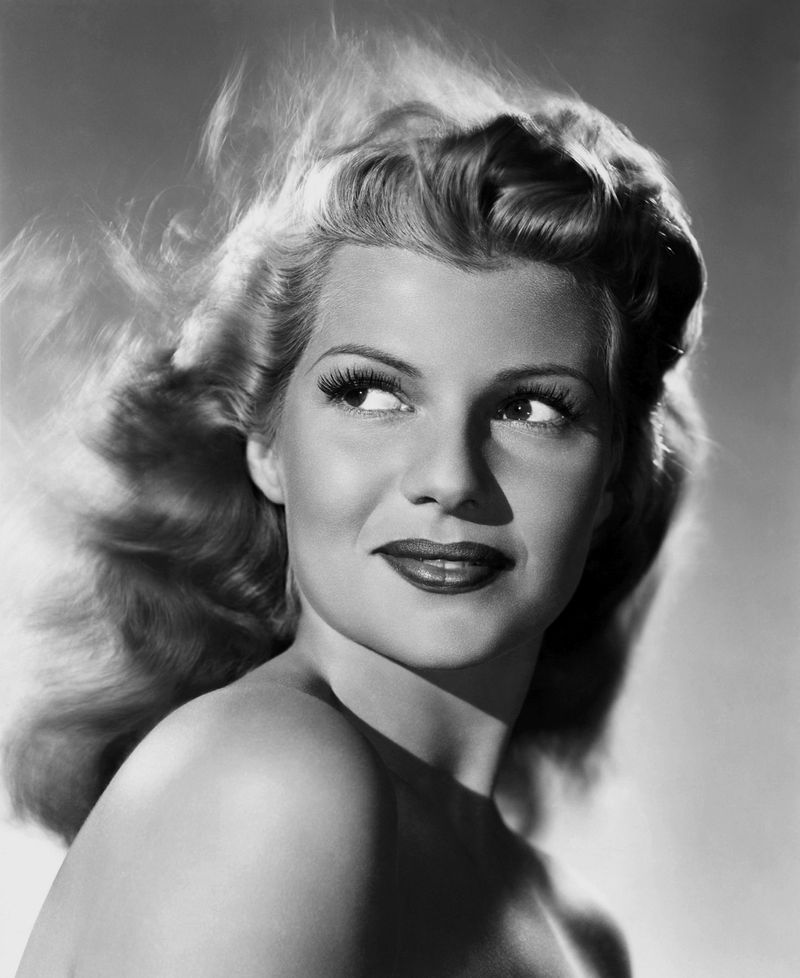
Rita Hayworth, born Margarita Carmen Cansino, transformed her image by adopting a more Anglo-sounding name. This shift helped her blend into Hollywood’s prevailing standards, distancing herself from her Spanish heritage.
The name change represented a strategic move to achieve broader acceptance and stardom during an era when diversity was less celebrated. Hayworth’s new identity allowed her to rise to fame as a quintessential Hollywood star, known for her beauty and talent. Her story reflects the complex dynamics of cultural identity and public perception in the film industry of that time.
13. Natalie Portman
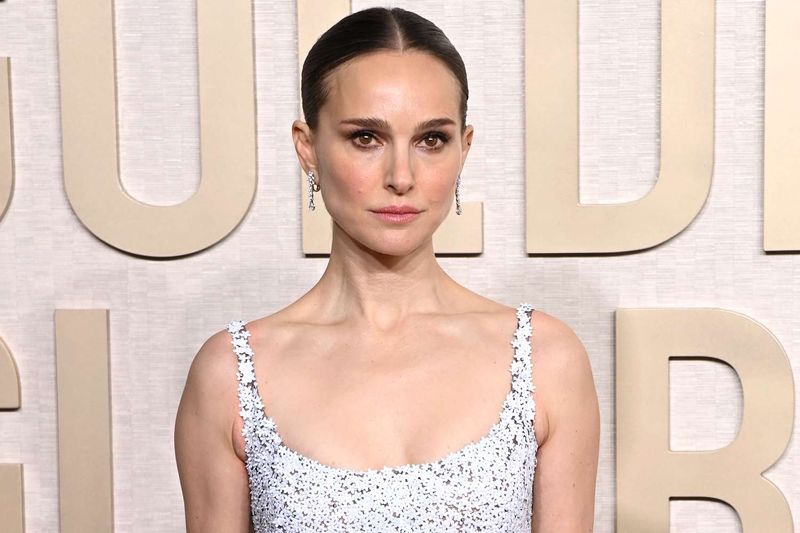
Natalie Portman, born Natalie Hershlag, chose “Portman” to honor her maternal grandmother and maintain privacy, while easing her entry into Hollywood. This change reflected her desire to protect her personal life and avoid distractions related to her Jewish heritage.
The name “Portman” provided a simpler, more universal identity, aligning with her aspirations in the film industry. Natalie’s transformation underscores her commitment to her craft and her strategic approach to navigating fame. Her choice has facilitated a successful career, marked by critically acclaimed performances and a respected presence in the entertainment world.
14. Michael Caine
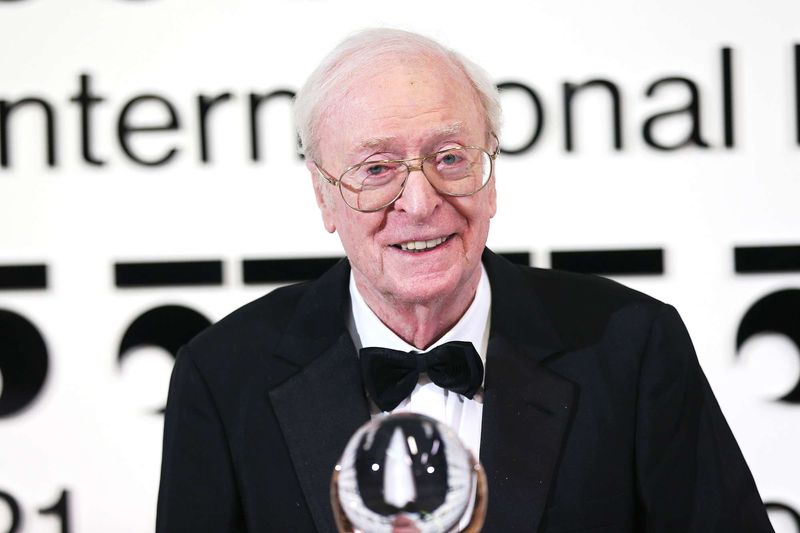
Michael Caine, originally Maurice Micklewhite, embraced a new name inspired after seeing a “The Caine Mutiny” billboard. The name change was driven by a preference for its sound and marketability. “Michael Caine” became synonymous with versatility and charm in film, embodying a blend of British grace and Hollywood appeal.
This transformation highlights the importance of a memorable name in establishing a lasting career. Caine’s journey illustrates his strategic foresight and adaptability in the entertainment industry, allowing him to become a beloved and respected figure in cinema over the decades.

Comments
Loading…